Harvesting Soybeans
All Harvesting Soybeans Content
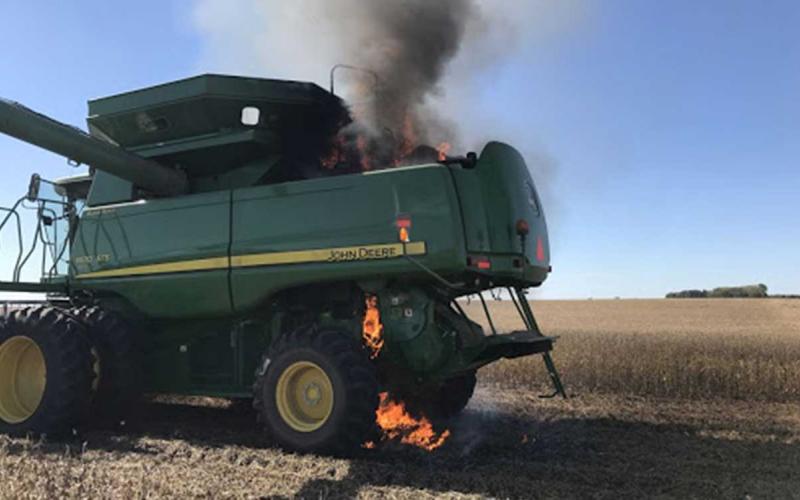
Avoiding Field Fires During Fall Harvest
With dry and drought conditions in the late summer and fall, crops dry down rapidly and harvest starts early. The climate outlook may be favorable for an uninterrupted run at harvest. However, the risk of fires during harvest is always a concern for farmers.
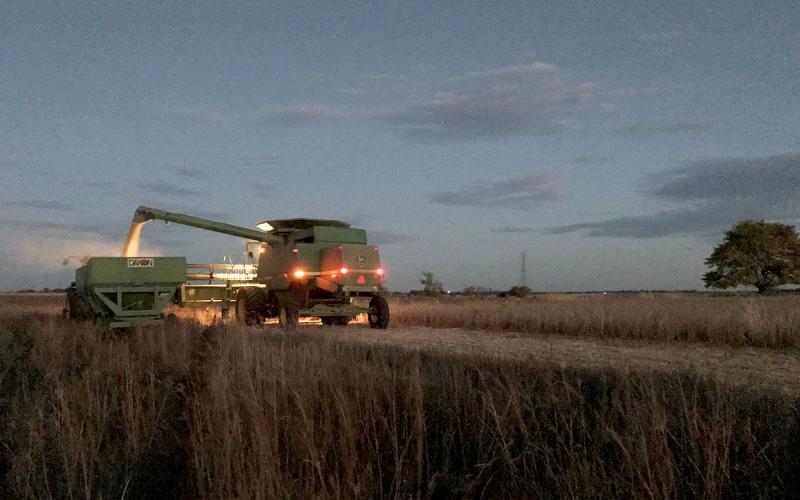
A Safe Harvest
Personal safety can be easier said than done when running on little sleep and working through the thick of harvest. Learn some important safety tips to keep you and your operation safe during this busy time of the year.
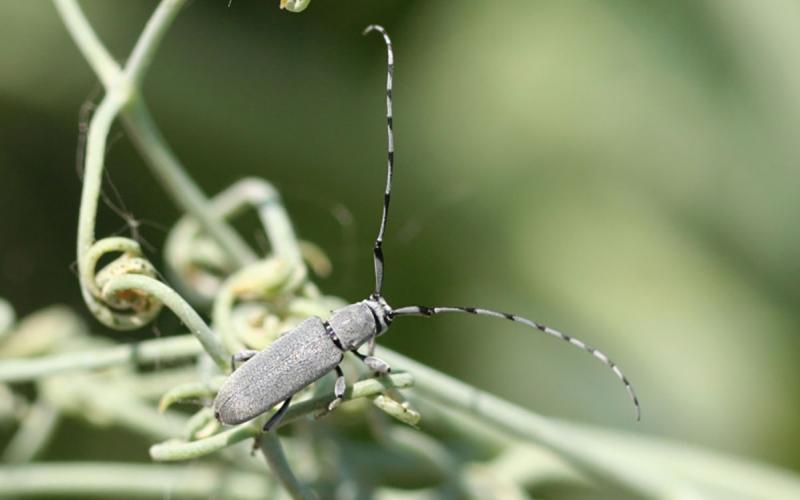
Dectes Stem Borer in Soybean
Although Dectes stem borers are more of an issue in South Dakota sunflower, they can also infest soybean. Thier larvae may cause soybean yield losses due to their feeding activity in the pith of the stem and also due to late-season lodging.
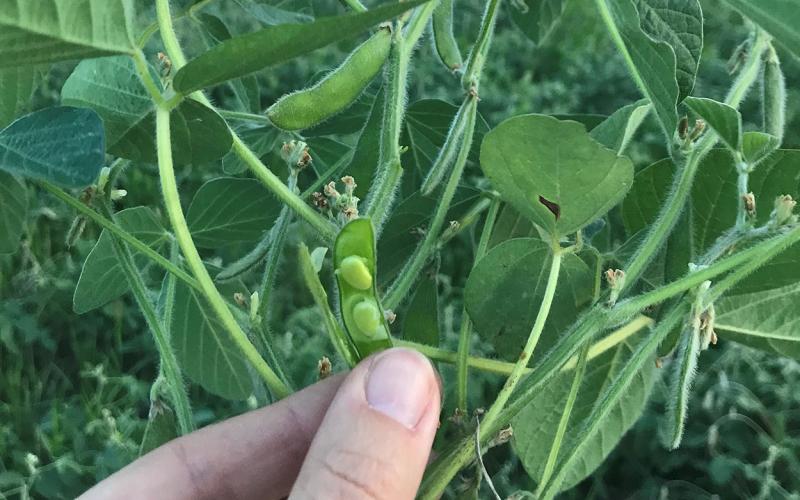
Salvaging Drought-Stressed Soybeans as Feed
One of the more popular questions we’ve been receiving lately involves using soybeans as forage. Although the soybeans planted for grain are not typically bred for forage use, we can salvage the crop for said forage if need be.
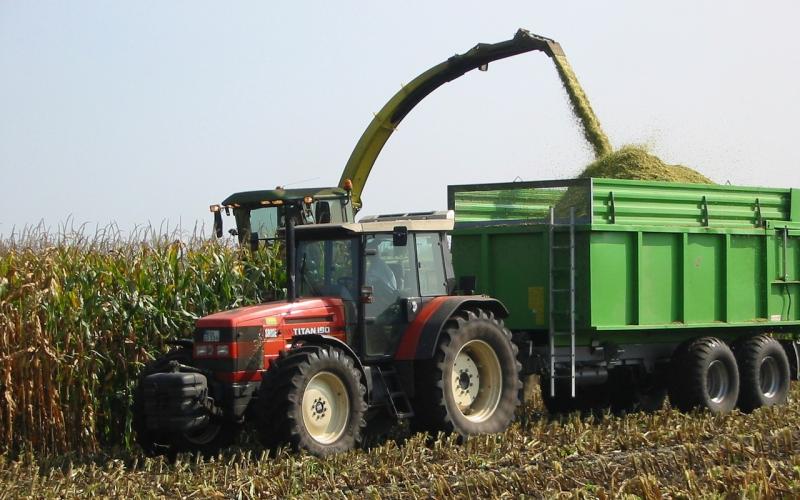
Video Series Offers Tips on Harvesting Failed Crops as Forage
August 24, 2021
To help producers navigate through these issues, SDSU Extension and the South Dakota Soil Health Coalition have recently released a new video series, “Salvaging Drought Stressed Crops.”
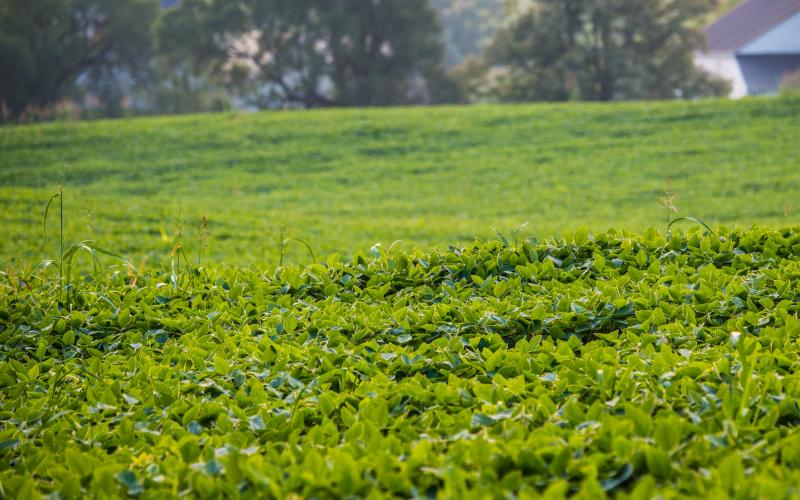
Minnehaha Soybean Cropping Systems Tour Set for Sept. 8
August 16, 2021
The South Dakota Soybean Research and Promotion Council along with South Dakota State University Extension will be hosting a cropping systems tour in Minnehaha county on Sept. 8.
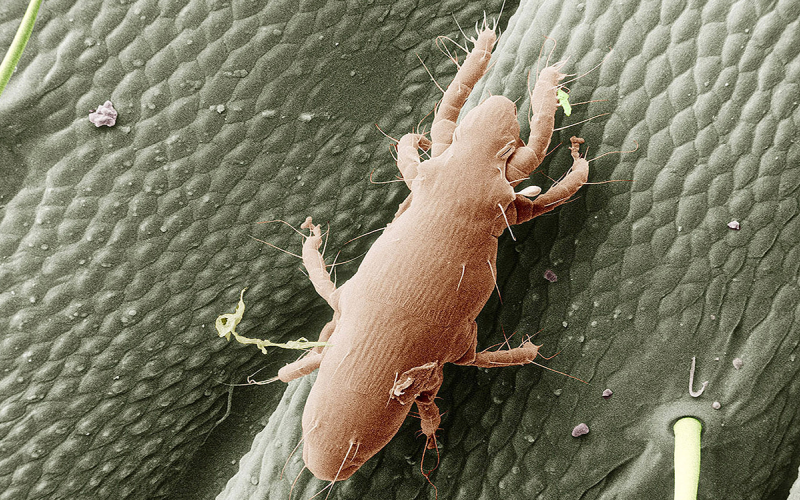
Straw Itch Mites
Straw itch mites, also known as hay mites or grain mites, can be a major problem when present in hay or grain. The best way to avoid a straw itch mite infestation is to keep commodities at low moisture levels and bale straw when it is thoroughly dry.
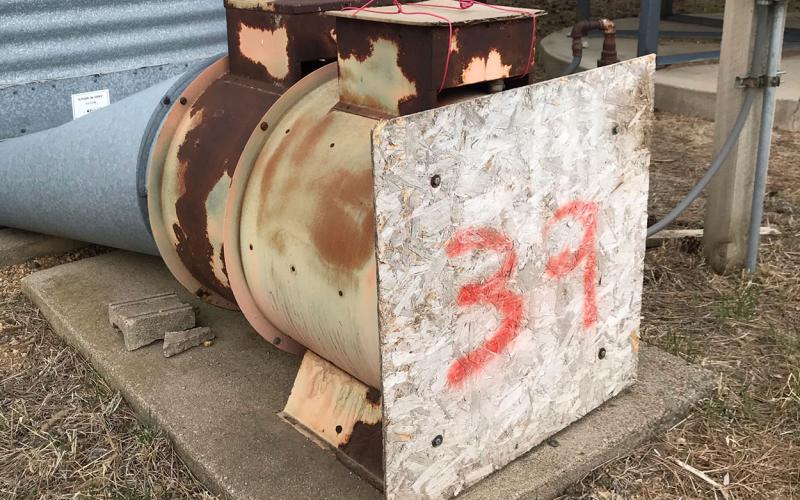
Check Your Bins This Spring
As it warms up this spring, don’t forget to check the bins. Grain bins work as solar heat collectors, and the grain inside of them may be much warmer than expected.
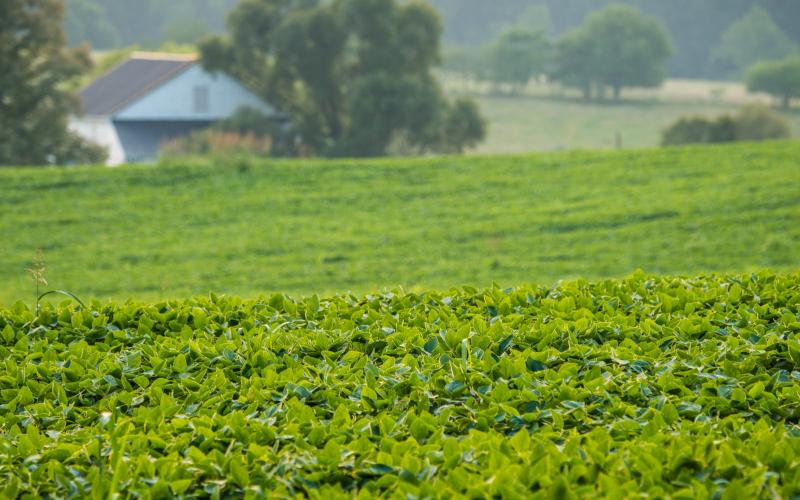
Soybeans & Sunflowers: Alternative Cattle Forages
Alternative forages like soybean silage or hay, and sunflower silage, can help stretch conventional forage supplies and help avoid overgrazing pasture.
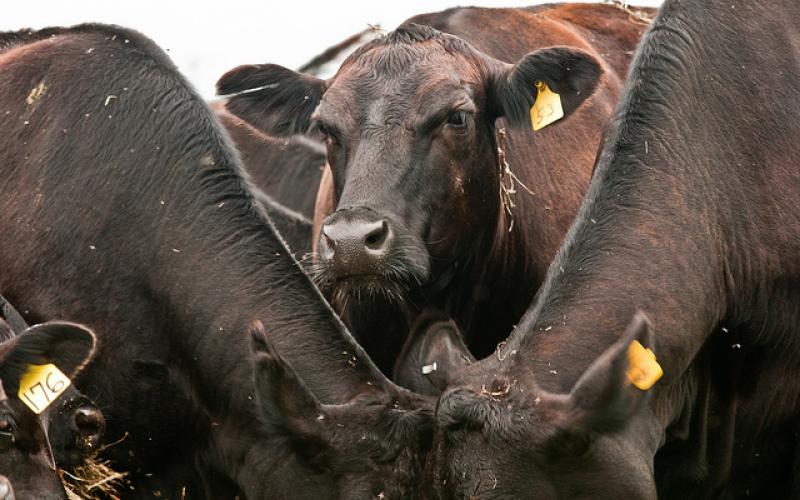
Feeding Drought-Stressed Crops to Cattle
Can drought-stressed crops be be utilized as feed? The answer is yes, if we know what the levels of nitrates are in the feedstuffs in question.